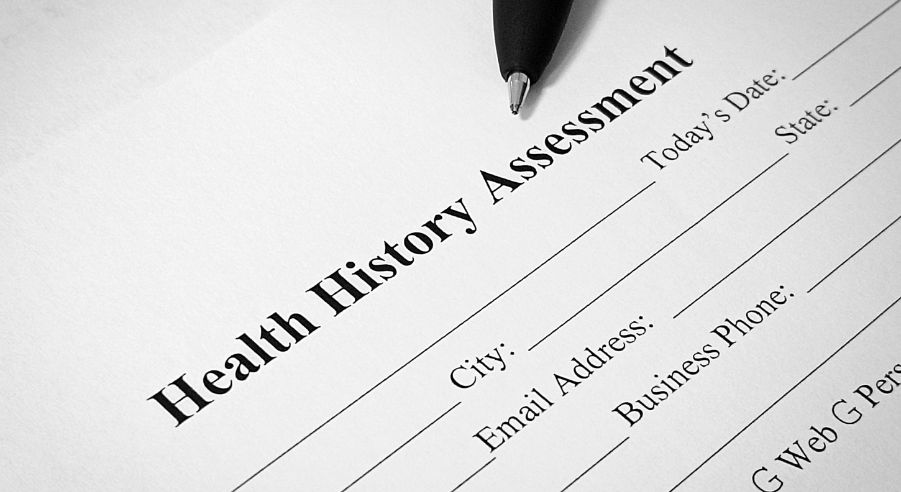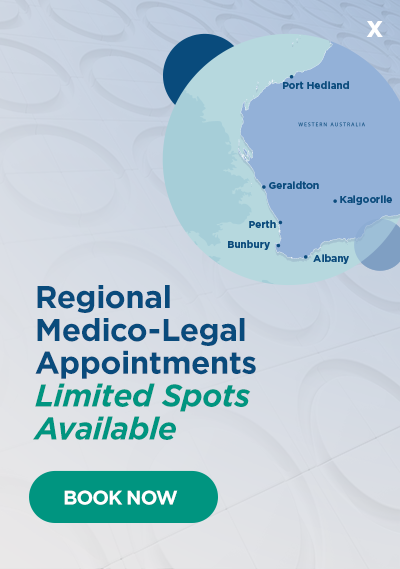
The Critical Role of Workplace Health Assessments in Preventing Injuries and Improving Productivity
In today’s fast-paced work environment, businesses can no longer afford to take a reactive approach to employee health and safety. Workplace injuries and health-related absences not only impact productivity but can also lead to significant financial costs. Research has consistently shown that investing in regular health assessments, such as Fitness for Work evaluations and ergonomic assessments, is a proactive strategy that reduces risks, improves employee well-being, and enhances workplace efficiency.
Why Health Assessments Matter
A robust workplace health assessment program goes beyond just meeting compliance requirements, it helps employers identify potential health risks before they lead to serious injuries or absenteeism. By conducting regular screenings and medical evaluations, businesses can ensure their employees are physically and mentally fit to perform their roles safely and effectively.
According to research by Safe Work Australia, organisations that prioritise health and safety see improvements in productivity and employee engagement, while also reducing workers’ compensation costs. Similarly, a study by the McKinsey Health Institute highlights that enhanced workplace health and well-being can generate significant economic value, reinforcing that a healthier workforce directly translates to better business outcomes.
Key Benefits of Workplace Health Assessments
- Early Detection of Health Issues: Identifying potential risks before they become serious reduces workplace injuries and long-term health complications.
- Reduction in Absenteeism: Healthier employees take fewer sick days, leading to a more stable and productive workforce.
- Improved Employee Engagement: Workers who feel supported in their health and well-being are more motivated and engaged in their roles.
- Enhanced Productivity: A physically and mentally fit workforce performs better, contributing to overall business success.
- Regulatory Compliance: Staying ahead of health and safety regulations helps businesses avoid legal and financial risks.
A Smart Investment for Every Business
In high-risk industries like construction, mining, and healthcare, where physical and mental demands are high, regular health assessments should be a cornerstone of any workplace safety strategy. But even in office environments, poor ergonomic setups and unchecked stress levels can contribute to chronic pain, fatigue, and decreased efficiency. Investing in workplace health assessments ensures employees remain fit for duty, preventing minor health issues from escalating into costly problems.
Creating a Culture of Preventive Health
Workplace health is not just about preventing injuries, it’s about fostering a culture where employee well-being is prioritised at every level. Companies that implement regular health assessments demonstrate a commitment to their workforce, leading to higher retention rates, improved morale, and a stronger reputation as an employer of choice.
As businesses face increasing pressures to meet ESG (Environmental, Social, and Governance) criteria, proactive health assessments align with sustainability goals by reducing workplace risks, enhancing operational efficiency, and supporting long-term workforce resilience.
Take Action Today
The shift towards preventive workplace health is more than just a trend, it’s a necessity for modern businesses. By investing in health assessments now, organisations can safeguard their workforce, reduce costs, and create a safer, more productive environment for all.
To learn more about how workplace health assessments can benefit your organisation, visit OSHGroup’s Workplace Health Services.
Recent Posts


Why Corporate Travel Vaccinations Matter for a Safe and Productive Workforce
In today’s fast-paced w..



